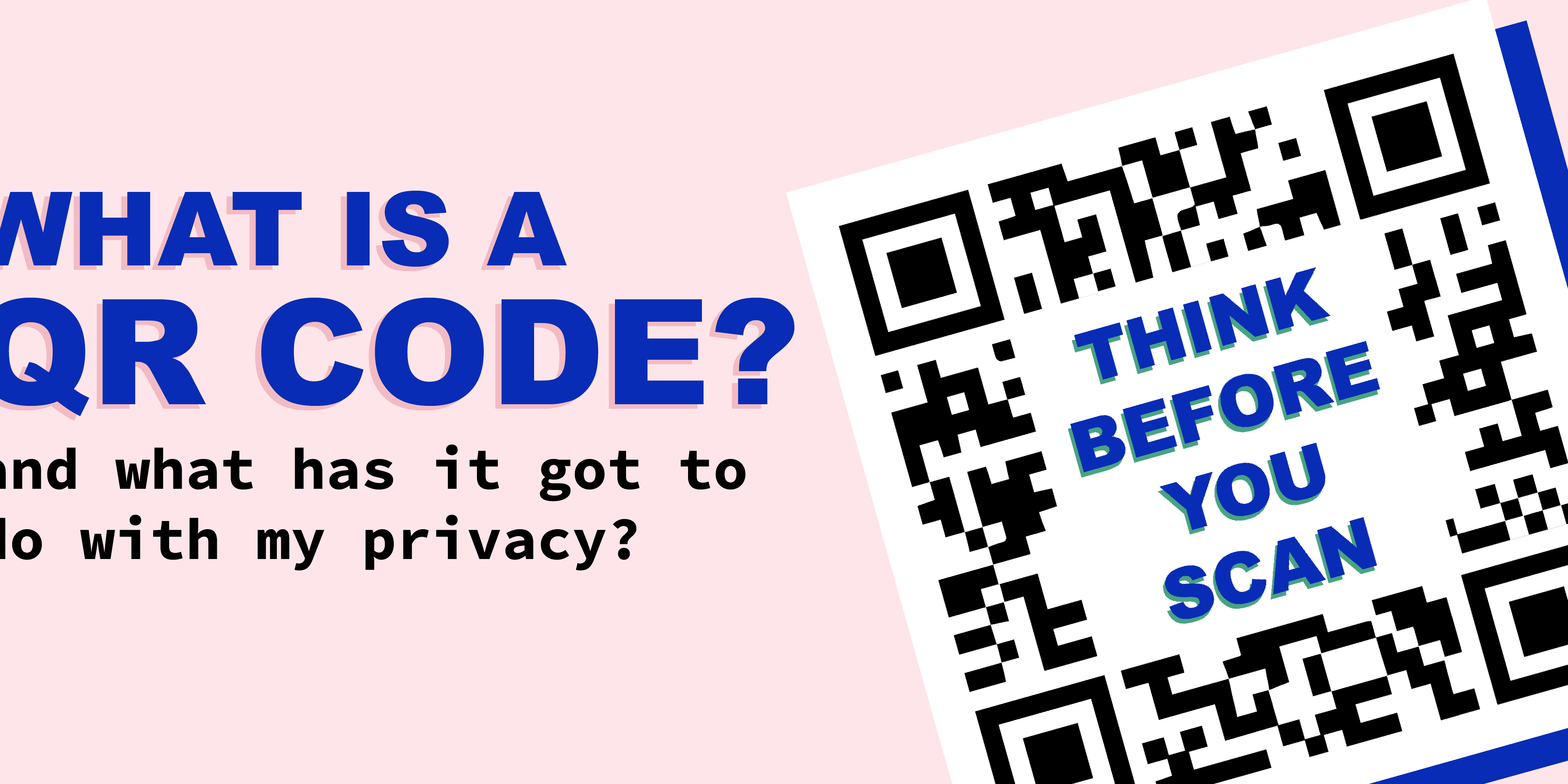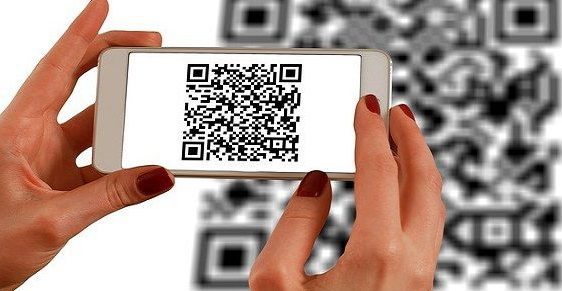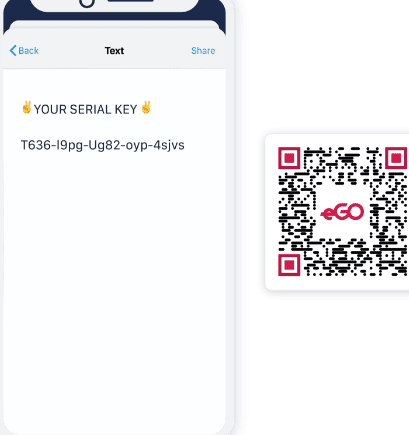Ready to up your scanning game? QR codes are the tech-savvy way to link and share information in a flash. But with great power comes great responsibility, as they say. While they have the ability to collect personal information, not all QR codes are created equal.
Here are some key points to keep in mind:
Remember, knowledge is power, and understanding how QR codes operate is the first step in ensuring your online safety. Don’t let fear or inexperience hold you back from enjoying all they have to offer!
Do QR codes collect personal information?
QR codes have become increasingly popular in recent years, providing a quick and easy way to access digital content such as websites, contact details, and more. However, many people are often unaware of the personal information that can be collected through QR codes. This article will explore the functionality of QR codes and how they can collect personal information. We’ll also discuss the security concerns associated with QR codes and provide tips for staying safe while scanning.
Understanding the functionality of QR codes
QR codes, or Quick Response codes, were first created in 1994 by Denso Wave, a subsidiary of Toyota. They were initially used in the automotive industry to track parts and streamline the manufacturing process. However, QR codes have since become ubiquitous in our daily lives, used in advertising, business cards, and even on products.
QR codes can be scanned by any smartphone camera, provided that the device has a QR code reader app installed. Once a user scans a QR code, it can redirect them to a website, display digital information, or even store personal information such as a phone number or email address. QR codes work by storing the information within the code itself, which is then read by the QR code reader app.
QR codes can collect personal information
One of the lesser-known aspects of QR codes is their ability to transmit personal information. This means that when a user scans a QR code, their personal data can be collected without their knowledge. This personal information can then be accessed by marketers or advertisers to track user behavior and preferences, and target ads to individuals.
How QR codes transmit personal information
QR codes can transmit personal information in a number of ways. One method is to include a URL in the QR code that leads to a website with a tracking cookie. This cookie can then be used to collect user information such as their browsing history, age, and location. Another way that QR codes can transmit personal information is by directly inputting information such as phone numbers, email addresses, or even credit card information.
What type of personal information can be collected through QR codes
QR codes can collect a variety of personal information, including:
- Phone number
- Email address
- Location data
- Browsing history
- Age and gender
- Credit card information
It’s important to note that some of this information is willingly provided by users when scanning a QR code, such as inputting a phone number or email. However, other personal information such as browsing history and location data are not typically disclosed to users.
The security concerns associated with QR codes
QR codes also present a number of security concerns. When personal information is transmitted through a QR code, there is always the risk of that information being intercepted by malicious actors. This could result in identity theft, credit card fraud, or other serious security breaches.
Additionally, QR codes can be easily manipulated to redirect users to malicious websites or download malware onto a device. This is because QR codes are often scanned without users fully examining the content of the code, opening them up to potential security risks.
Tips for staying safe while scanning QR codes
To stay safe while scanning QR codes, there are a few simple tips to follow:
- Only scan codes from trusted sources, such as reputable brands or businesses.
- Use a QR code scanner that offers security features, such as virus scans and URL previews.
- Use caution when inputting personal information into a QR code.
- Check the content of the code before scanning it if possible.
- Be aware of suspicious codes that seem too good to be true or offer unrealistic rewards.
QR codes and targeted advertising
QR codes have become a useful tool for advertisers and marketers to collect data on user behavior and preferences. By using QR codes in advertising, businesses can track user engagement and determine which campaigns are working well. This data can then be used to create targeted advertising campaigns that appeal specifically to individual users.
The future of QR codes and personal information collection
As QR codes continue to become more popular, it’s likely that they will play an increasingly important role in personal information collection. However, there is also a growing trend towards privacy and data protection, which could impact the use of QR codes in the future. It’s possible that legislation will be put in place to regulate the use of QR codes and protect user privacy.
In conclusion, QR codes can collect personal information in a variety of ways. While they offer convenience and speed, they also present security risks and the potential for data collection without user knowledge or consent. By following best practices and staying informed about the risks associated with scanning QR codes, users can stay safe and protect their personal information.





